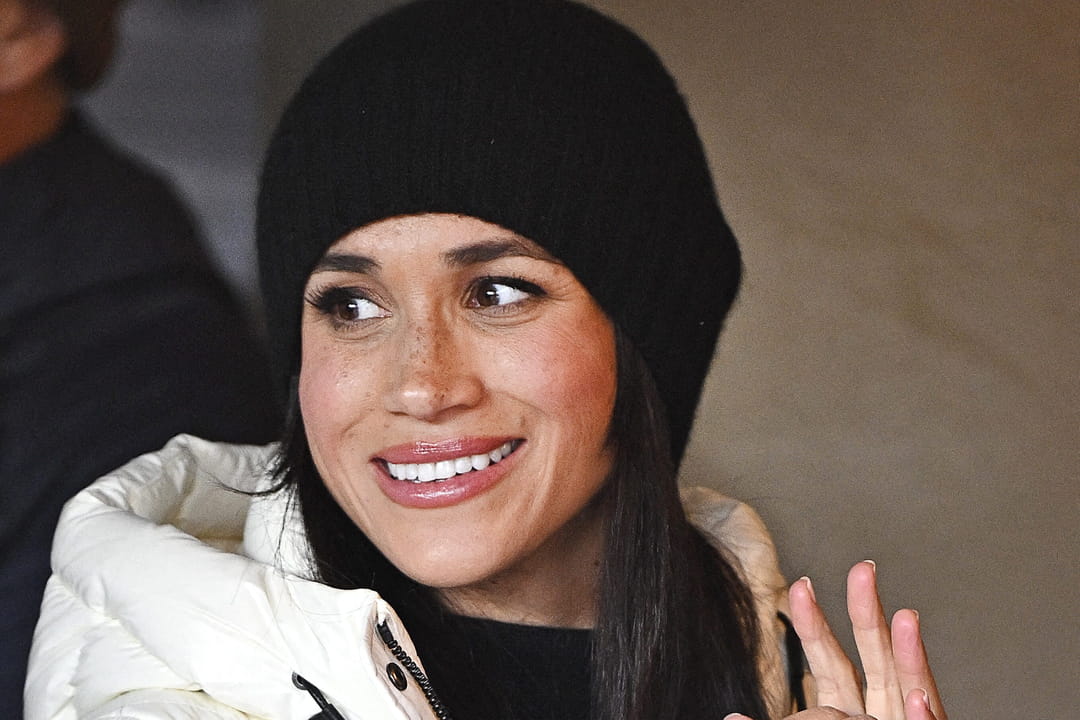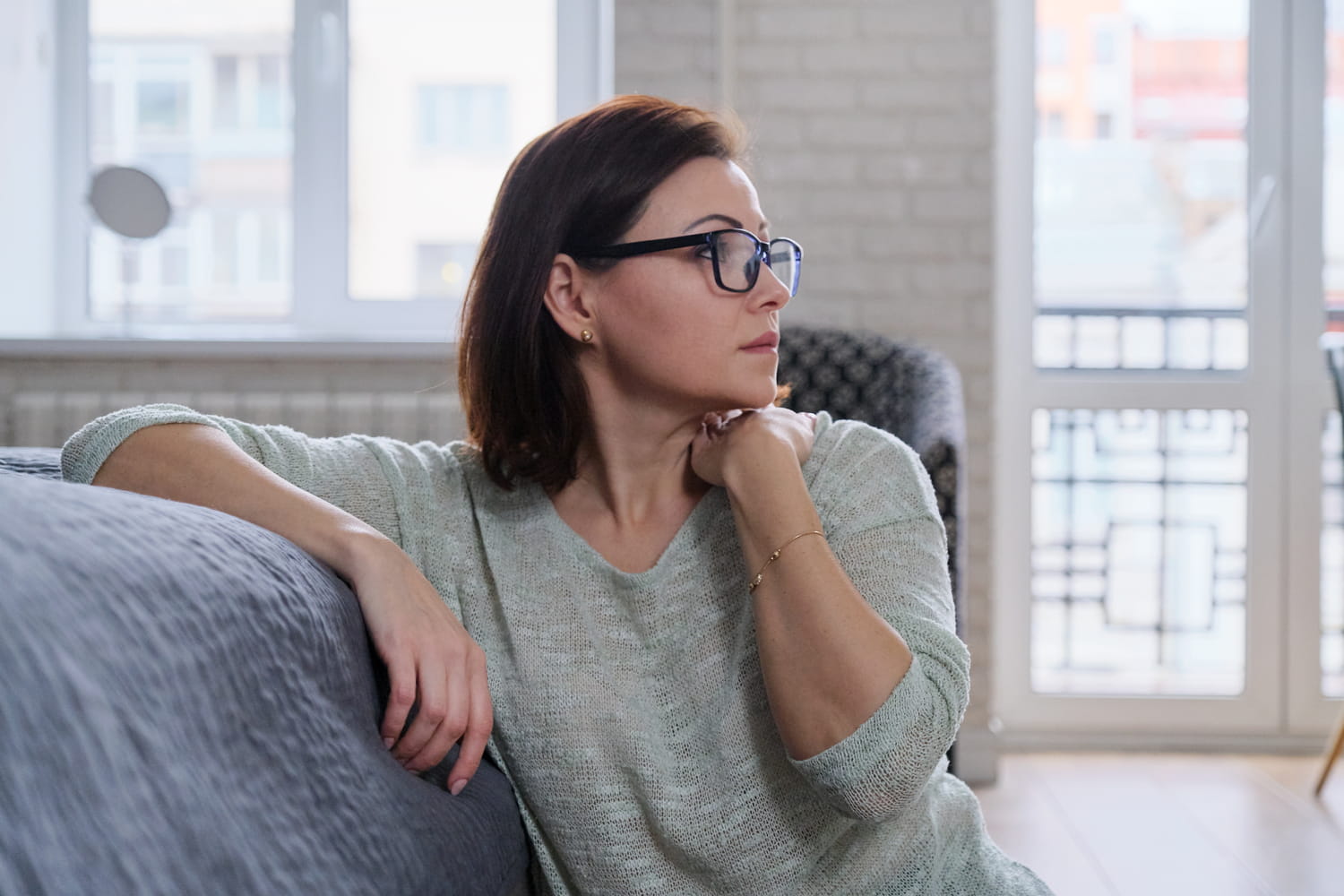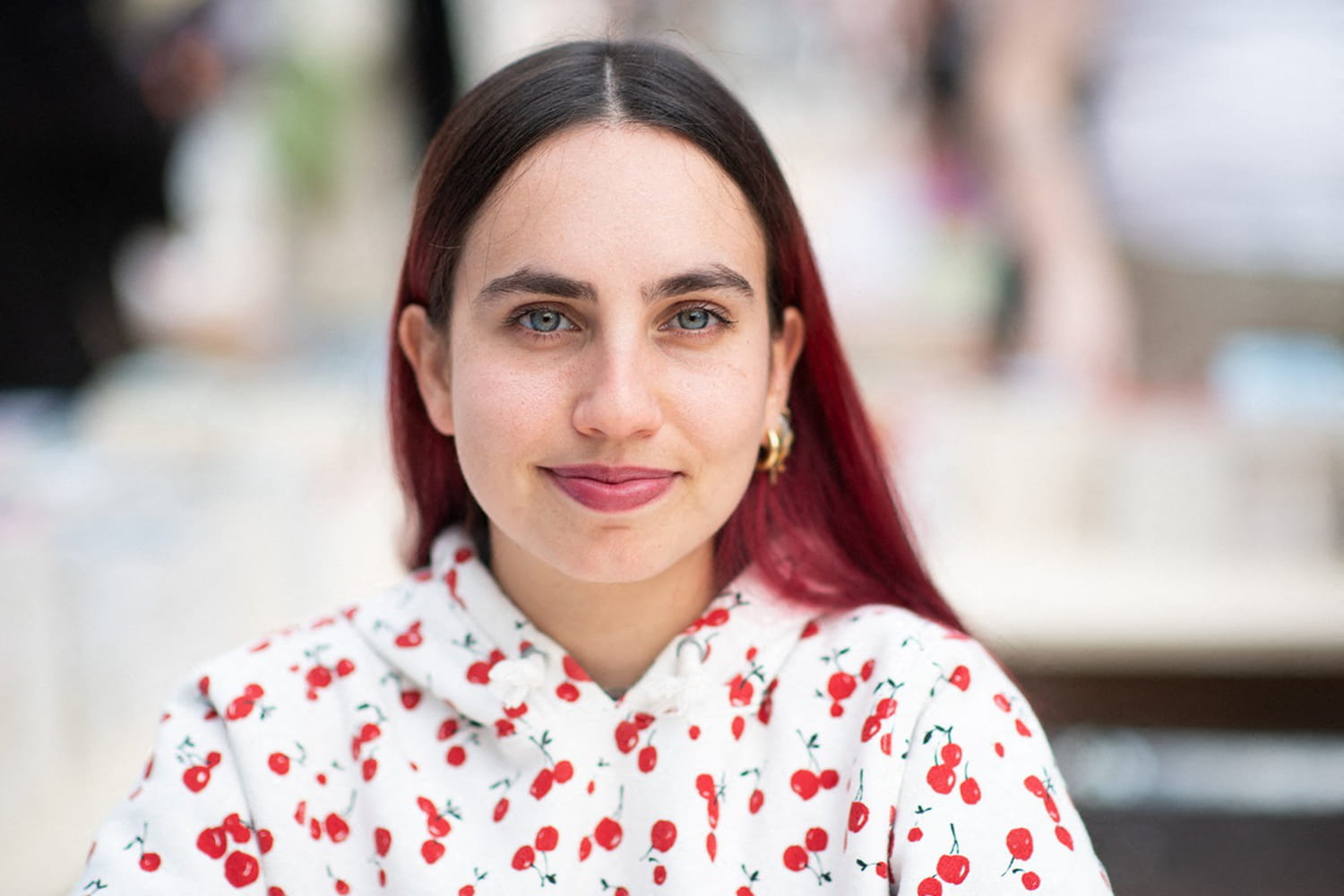“We accompany the decline so that it is as slow as possible”.
Wrinkles, white hair, loss of energy … old age is scary, and yet it is part of the natural process of life. This process starts much earlier than you imagine, with progressive effects on our physical capacities. “Everyone is afraid of cognitive aging, but today, the first cause of loss of independence is the fall”explains Professor Eric Boulanger, professor of medicine and aging biology. “It is therefore important to be interested in physical aging, to prevent it and reverse it.”
As surprising as it may seem, the body begins its aging process in their twenties. At that time, the skin is already starting to lose elasticity, and the teeth in resistance. “After 25 years, it is the turn of the kidneys, the brain and the liver to be concerned. The latter however has the advantage of aging very slowly”specifies Professor Boulanger. Then, from the thirties, the respiratory functions also begin to decline. “The more age we advance, the less thoracic ampliation, that is to say a reduced capacity to open our lungs well to breathe. We run out more quickly on the effort, even without being sick.” It is also during this period that the weakening of the muscles and bone fragility began.
But the very first sign of aging appears much earlier, from childhood. “From 11-12 years old”reveals the specialist. It is “A function that we often forget, that of the lens”. This lens which is in the eye ensures the sharpness of vision. Contrary to what is often believed, the lens does not degrade only around 60-70 years with cataracts. “From 11-12 years old, he is already starting to have accommodation difficulties”specifies Professor Boulanger. Thus, it is not the canes, but the glasses, which constitute the first material aid linked to aging.
Fortunately, even if this physical decline begins early, it generally takes several decades before becoming really handicapping. “We start to feel it around fifties.” To delay these changes as much as possible, the important thing is to keep a medical follow -up throughout life and to regularly carry out health checks. “Today, we accompany the decline so that it is as slow as possible”concludes Professor Boulanger.
Thank you to Professor Eric Boulanger, professor of medicine and biology of aging, author of “I decide to age well, long, in good health” (ed. Odile Jacob) and co-creator of the Tempo Form program.








